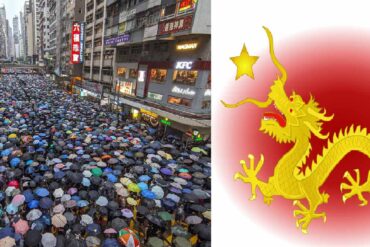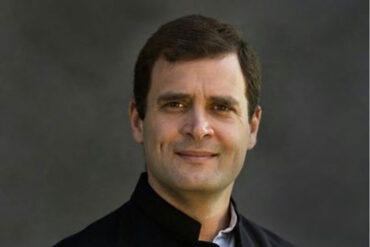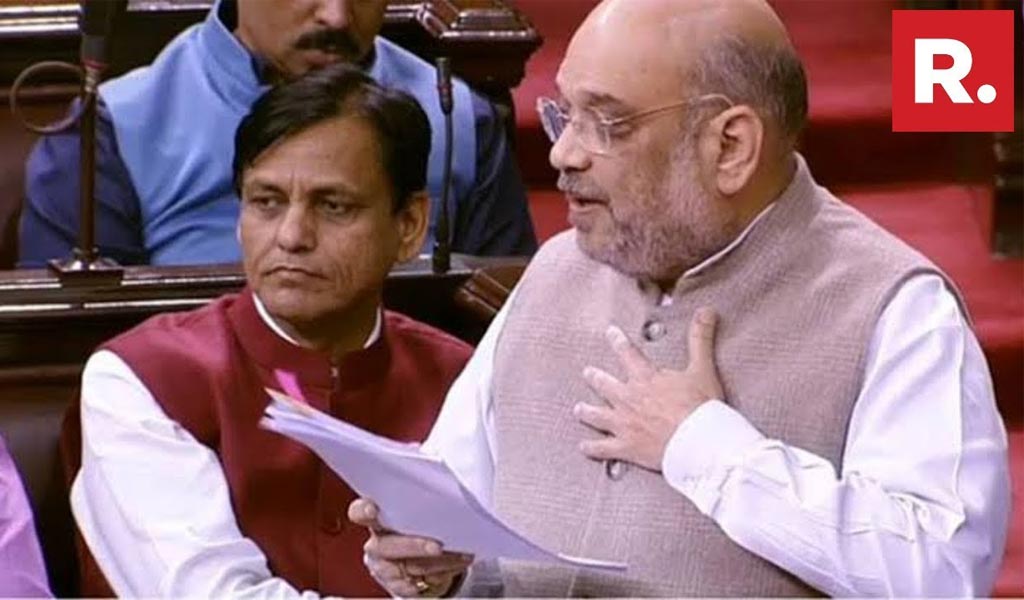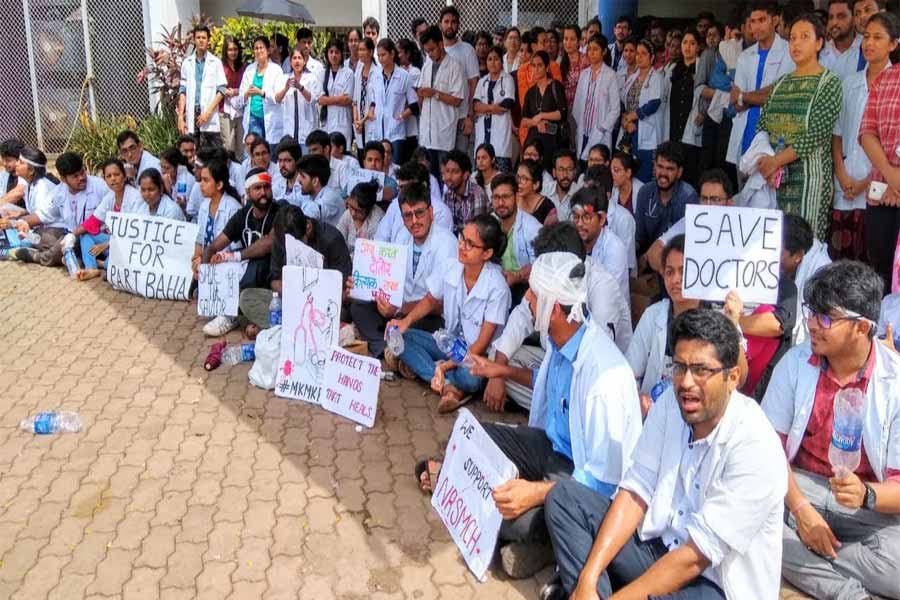In an unforeseen regional political fallout, it has taken a statement made by Indian Home Minister Amit Shah, of all things, to bring together the worst of enemies in Bangladesh to defend their country’s national pride and secular credentials. Dhaka-based media has reported in detail the firm but restrained criticism of India by both Foreign Minister, Abdul Momen and Mirza Fakhrul Islam, leader of the pro-Islamist BNP (Bangladesh Nationalist Party). Both strongly countered Shah’s assertion in the Rajya Sabha debate, alleging that the Hindu exodus from Bangladesh had occurred because of systemic persecution.
In the process, it became the first instance in recent years of a senior Awami League minister to speak critically of India on record. The leaders held separate pressers to defend Bangladesh’s record in maintaining communal harmony. Awami League’s minister, Momen, pointed out that all minorities including the Hindus were safe and secure in Bangladesh. He expected minority leaders living in Bangladesh would speak separately on the issue, without reference to official statements.
Momen said that it was singularly unfortunate for Indian leaders to say that Bangladesh discriminated against and oppressed its minorities. Regarding the Hindus, he said that there were even instances where Hindus had emigrated abroad with an intent to settle outside Bangladesh, but in recent years, many had returned, as perfect communal harmony prevailed in the country.
In this context, Momen proceeded to comment on the Citizenship Amendment Bill (CAB) passed in India’s Rajya Sabha, marking a rare departure from an unwritten convention of not commenting critically about India or anything Indian. Replying to queries, Momen said it was India’s prerogative to bring legislation that suited its interests best. However, he said, that from recent reports about the CAB and the reaction in various Indian media and states, there was reason to feel that India’s secular ideals would be compromised by the proposed legislation.
India had the reputation of being a tolerant country that stood out for its secular principles, Momen added, which made it difficult to understand the rationale for sponsoring such a legislation. It was very unfortunate for senior Indian leaders and ministers to claim that Hindus had been driven away systematically over the years because of the persecution they faced as a community. Some advisors might have misled them into believing such canards. “Such assertions are not based on facts,” he stressed. Bangladesh authorities were extremely mindful of the treatment given to the minorities.
Contrarily, it was not uncommon in recent times to hear of/read about the outbreaks of communal violence and related issues from India, he added. India being the biggest country in the region should not initiate steps that appeared as a threat to the minorities. Muslims were scared on the impact of certain measures, he said, in an indirect reference to the National Register of Citizens (NRC) upgrading exercise. There was every reason for Bangladesh to be concerned over these trends. Momen did not name Mr Shah or any other Indian leader.
Mirza Fakhrul Islam spoke in the same vein, but covered more ground. India was a very big country and its ministers and leaders were political heavyweights in their own right he said. Also, India was a friend of Bangladesh. Bangladeshis will never forget the help and assistance they received from their bigger neighbour during their freedom struggle, he added.
Islam stressed that his party the BNP was also not against India by any means. Clarifying the BNP’s political links with the fundamentalist Jamat-e-Islami organisation, he said there was an understanding at the political level, not on the ideological plane. Such linkages were common he said, referring, ironically enough, to similar practices adopted in other democratic countries.
But the BNP was saddened to hear allegations leveled against Bangladesh for its perceived failures to maintain communal harmony. In recent years, Islam said, there had been hardly any communal flare-up in Bangladesh targeting minorities, which contrasted strongly with the situation prevailing in India. Major massacres like the Gujarat riots and other smaller outbreaks of violence had been reported in detail.
The BNP rejected Shah’s allegations against Bangladesh and would protest again after assessing public opinion further in Bangladesh. However, the BNP had no plans to write formally to the Indian Government on the issue, he added.
The BNP as well as other circles in Bangladesh were also concerned about the direct impact of the drive continuing in India to locate people described as “illegal Bangladeshi migrants”, Islam said. In view of the magnitude of the problem and the extreme sensitivities involved in the entire process, there was every reason to proceed as carefully on such issues as possible so that they did not turn into prickly irritants in the flowering of bilateral relations, with an obvious potential to affect the regional political climate.
Kolkata-based analysts felt that the measured, well-calibrated response from Bangladesh to Shah’s comments on the CAB issue indicated that Dhaka had had just about its fill of veiled flak from India on such matters. The statements by ideologically inimical leaders was obviously orchestrated, a diplomatic command performance of sorts.
Dhaka’s displeasure is not solely predicated on issues like the negative impact of the CAB or the NRC, both processes over which Bangladesh had neither any control nor any involvement with. Again, it is no longer a question of Jamatis or BNP hardliners badmouthing the BJP or Shah.
Even senior Awami League leaders stress that Prime Minister Sheikh Hasina, frequently condemned as “India’s agent” by her opponents, has her work cut out to persuade people that she will stand up to India if and when required. Bangladeshi pride had been deeply hurt by Shah’s putdown of “illegal Bangladeshi aliens” as “termites who eat up India’s economy”.







